
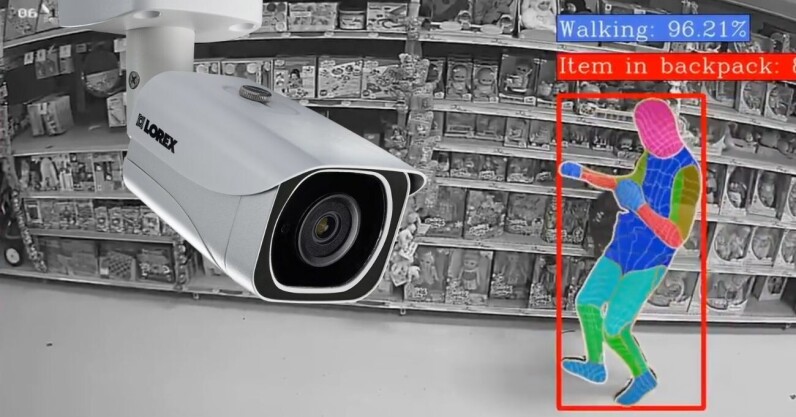
Paris-based AI startup Veesion has secured €38mn to fuel expansion to the US — where it looks to help cure the country’s shoplifting “epidemic.” Veesion’s AI-based computer vision software is trained to spot gestures in security camera feeds, such as

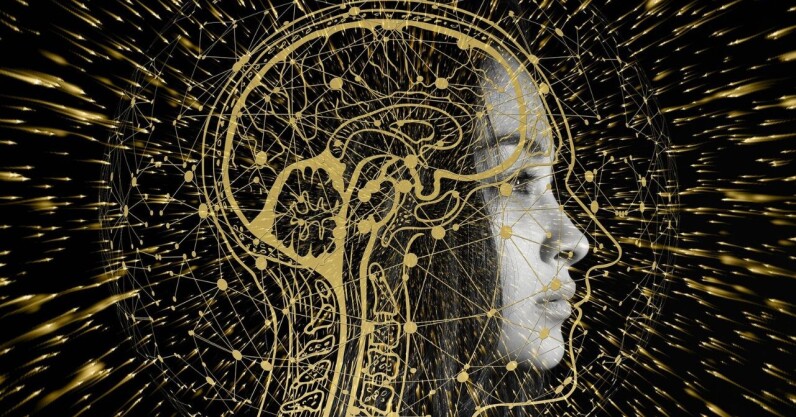
Our latest and most advanced technologies — from AI to Industrial IoT, advanced robotics, and self-driving cars — share serious problems: massive energy consumption, limited on-edge capabilities, system hallucinations, and serious accuracy gaps. One possible


The Dutch startup ecosystem has slipped to 10th place globally and sixth in Europe, according to the newly released Global Startup Ecosystem Index 2025. The annual report, compiled by research platform StartupBlink, benchmarks the startup strength of over 1,40

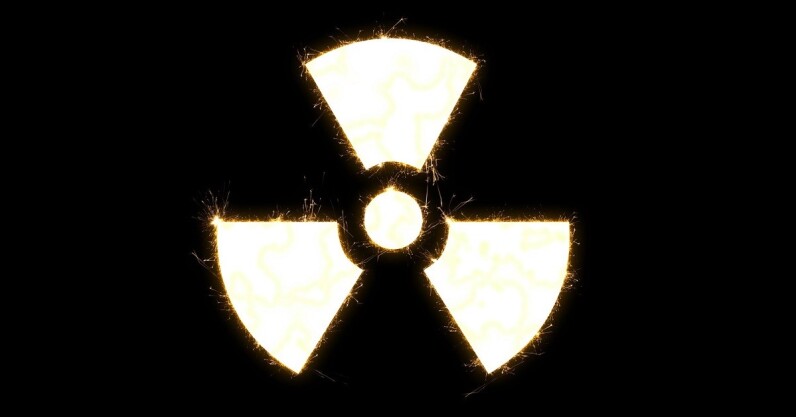
Europe has been turning uranium into energy for over half a century. In the process, the continent has amassed vast stockpiles of nuclear waste. This radioactive material can take millions of years to become safe, and no one really knows what to do with it. Tho

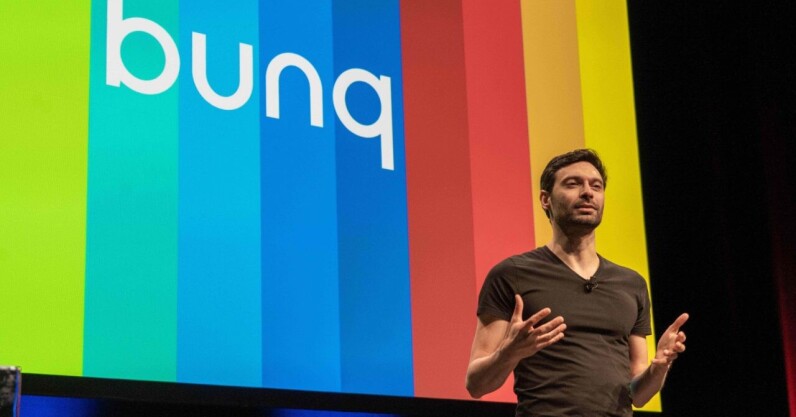
Ali Niknam has built Dutch fintech Bunq into one of Europe’s biggest neobanks. But he fears the Netherlands is now driving entrepreneurs away. The Bunq founder and CEO is alarmed by the country’s business mindset. He bel


A Russian-born gaming mogul has been named the UK’s richest person under 40 — in a ranking dominated by tech entrepreneurs. Dmitry Bukhman, 39, built his fortune after founding mobile gaming giant Playrix. His estimated wealth of £12.54bn tops The Sunday Times


Swiss tech startup Metafuels has unveiled plans to open its first commercial-scale sustainable aviation fuel (SAF) plant in the Port of Rotterdam. Metafuels’ CEO Saurabh Kapoor told TNW that Turbe represents a “major step forward” toward ramp


Google DeepMind’s AI systems have taken big scientific strides in recent years — from predicting the 3D structures of almost every known protein in the universe to forecasting weather more accurately than ever before. The UK-based lab today unveiled its

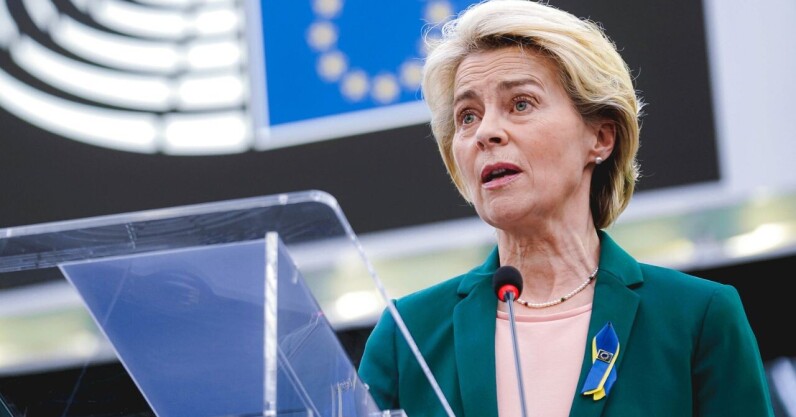
As Europe pushes for tech sovereignty, one open-source advocate has a warning: don’t forget global cooperation. Amanda Brock, CEO of industry group OpenUK, told TNW that the EU must “get real” about the trade-offs of going it alone. Brock said tech policymake


Helsing, Europe’s best-funded defence tech startup, has unveiled its latest product — an autonomous mini-submarine for underwater reconnaissance. Dubbed SG-1 Fathom, the sub is the latest addition to Europe’s growing fleet of ocean drones,


